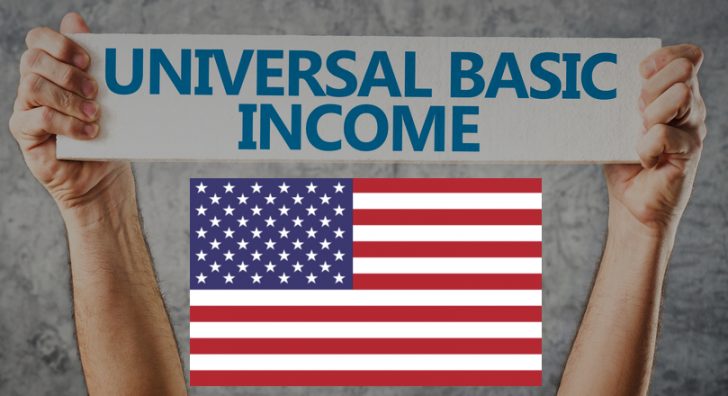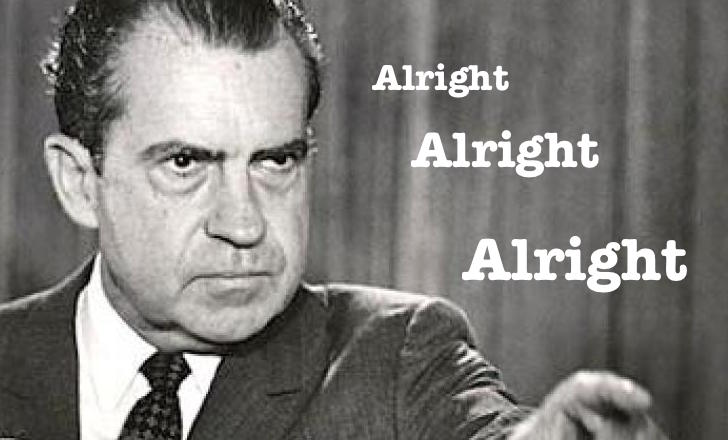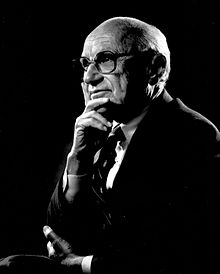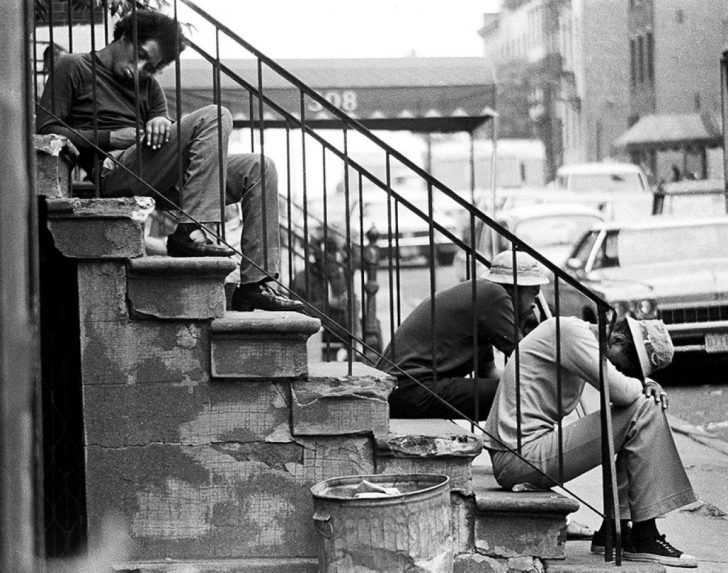
A universal basic income in the U.S

It’s been a while since the introduction of universal basic income started to be discussed in a lot of countries. In fact, this was also brought up on the agenda at World Economic Forum held in Davos, Switzerland the other day.
In Japan, a number of politicians, economists, journalists and all kinds of people have debated it, but it seems like it’s not going to be introduced as it’s provoking controversy.
I think that this phenomenon (discussing the introduction of a basic income) itself is the evidence that the global society has become complicated and chaotic.
As of now, 8 countries have been doing basic income experiments.
・Finland (Scandinavia)
・The Netherlands (Europe)
・Italy (Europe)
・The U.S (North America)
・Canada (North America)
・India (Asia)
・Kenya (Africa)
・Uganda (Africa)
Sponsored Link
Universal Basic Income

The other day, I was watching a documentary about capitalism made by NHK, a Japanese TV company.
The documentary points out that various inequalities and conflicts have been caused as the globalization and capitalism accelerate, which we must’ve heard many times.
However, when the subject was moved on to whether we should consider implementing a universal basic income, Rutger Bregman, a Dutch historian
Rutger Bregman is well-known as the author of “Utopia for Realists: How We Can Build the Ideal World“, which has been translated into 12 languages.
The Dutch edition of this book became a national bestseller and sparked a basic income movement which made international headlines.
The Guardian and TED Talks also describe him as the “Dutch wunderkind of new ideas.” and “one of Europe’s most prominent young thinkers.” respectively.

Rutger Bregman
If you’ve never watched his TED Talk, “Poverty isn’t a lack of character; it’s a lack of cash”, I’d also like you to watch it since this was listed as one of the top ten of 2017 TED Talks.
https://www.youtube.com/watch?v=ydKcaIE6O1k
US Basic Income in the 1970s

Richard Nixon
In the documentary, he said, “In the U.S, a basic income was almost going to be implemented in the 1970s.”, and this is a really bizarre episode of American history, which almost no one knows.
Richard Nixon almost implemented a basic income in the U.S at the beginning of 1970s. Almost everyone believed back then some form of basic income was going to be implemented.
For instance, John Kenneth Galbraith, a famous left-wing economist, was in favor of it and Milton Friedman, a liberal right-wing economist, was also in favor of it.
So, they all agreed with it and saying “we should do that”. Since everyone was supporting this idea, Nixon said, “alright alright, let me be the president and I’ll do it. No problem!”.

Milton Friedman
Consequently, his proposal for basic income got through the House of Representatives twice.
Positive results
Sponsored Link
Then, it hit the center of the floor where the Democrats said “sure, we want a basic income as well, but we want a higher basic income. So, we’re all against it!”
That happened twice actually. And then, even more bizarre, what happened in 1978 is that results of a basic income experiment were really positive.
Healthcare costs went down, the crime rate declined, kids’ performance became much better at school, people didn’t stop working, and there was another thing, they found out that the divorce rate went up by 50%.
So, at that point, all of the Republicans and Conservatives said, “we can’t have a basic income. This will make women much do independent and now they can leave all their crappy marriages. So, we don’t want that.”
That’s when basic income was pretty much forgotten in the U.S.
Statistical Mistakes

Only 10 years later, researchers found out that the statistical mistakes have been made. So in reality, the divorce rate didn’t go up at all.
However, at that point, it was already too late. So, it’s pretty bizarre history full of coincidences. Rutger Bregman said, “I’m quite convinced that if the U.S had implemented the basic income, that would’ve been hugely influential.”
To be continued …
Sponsored Link


























